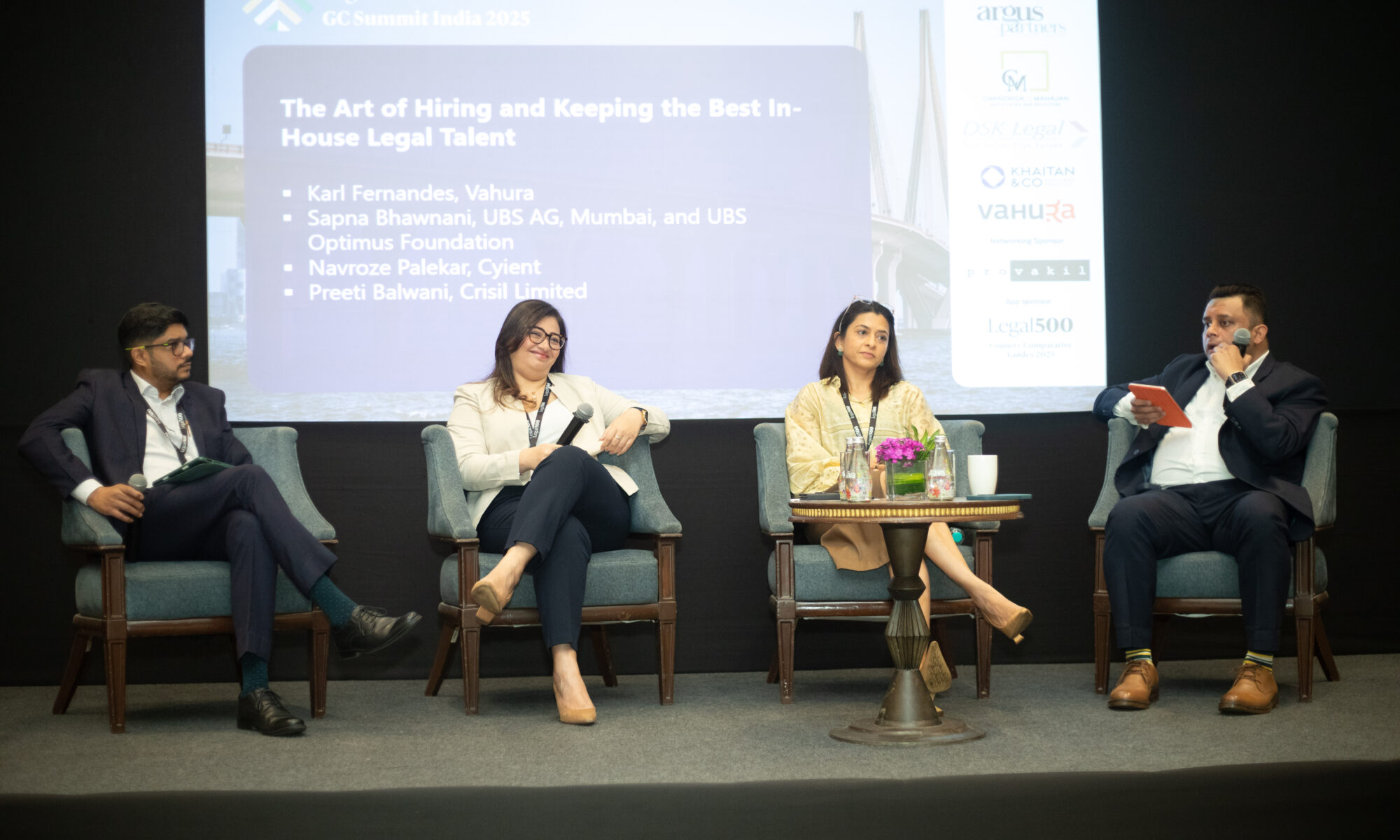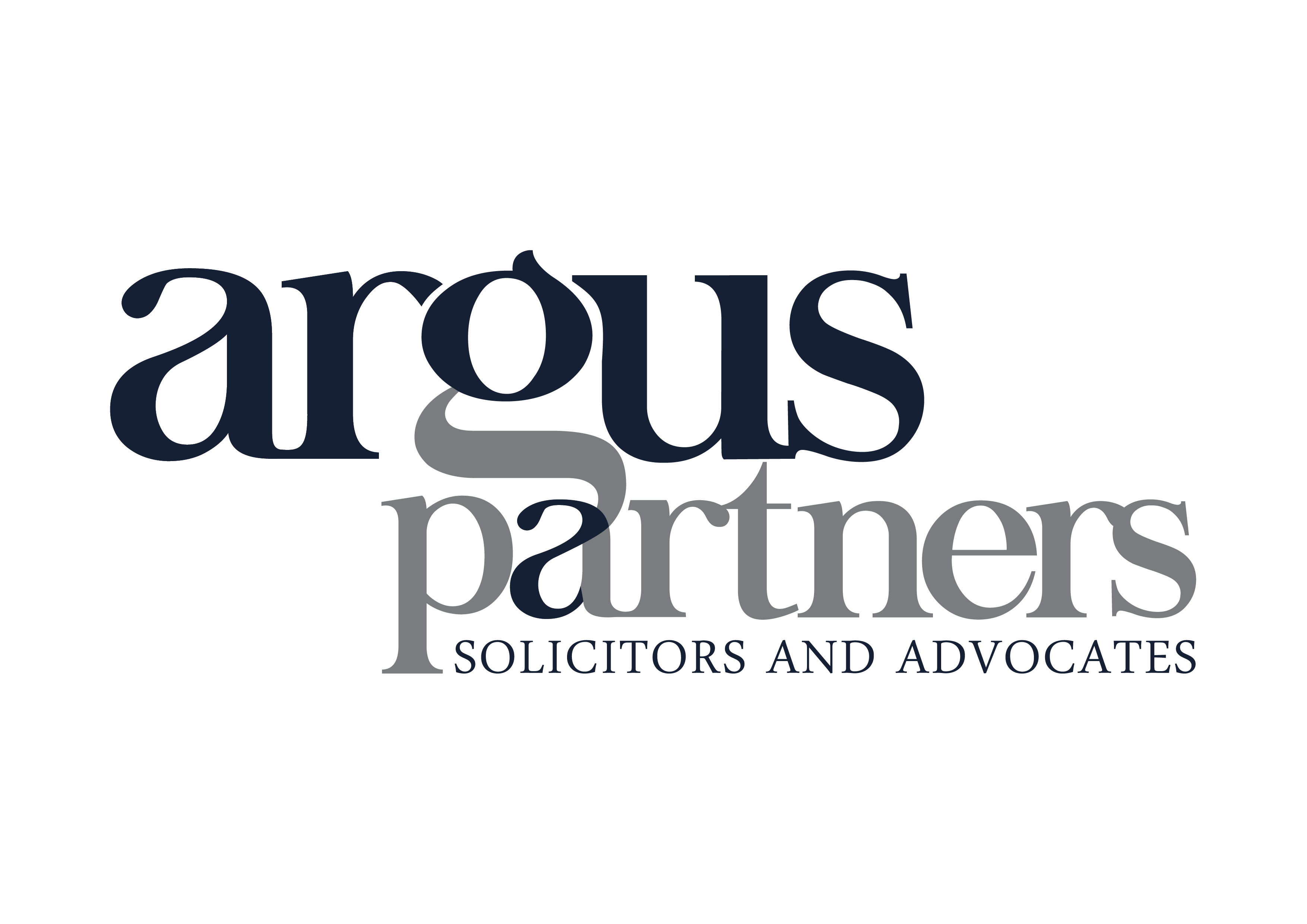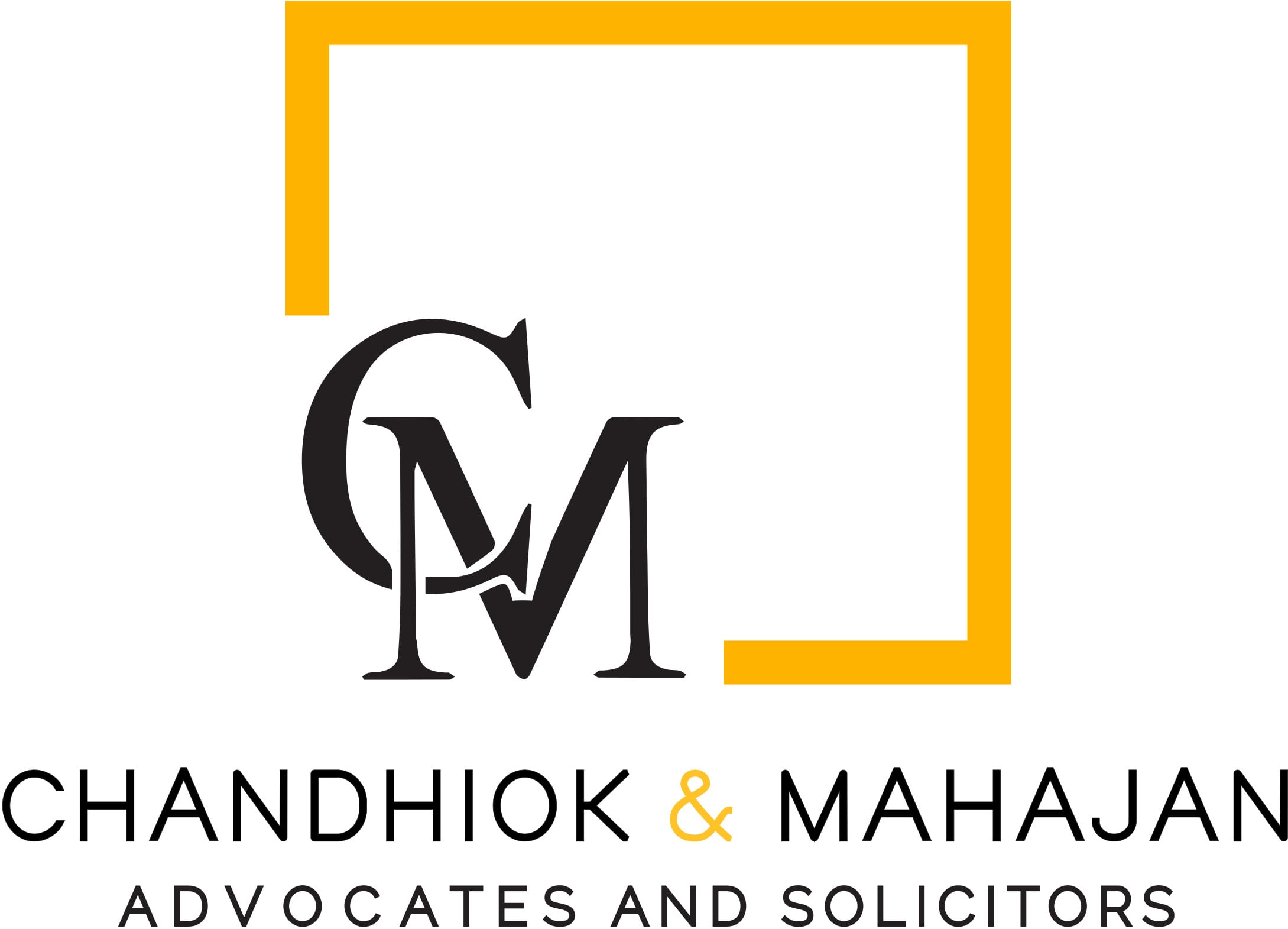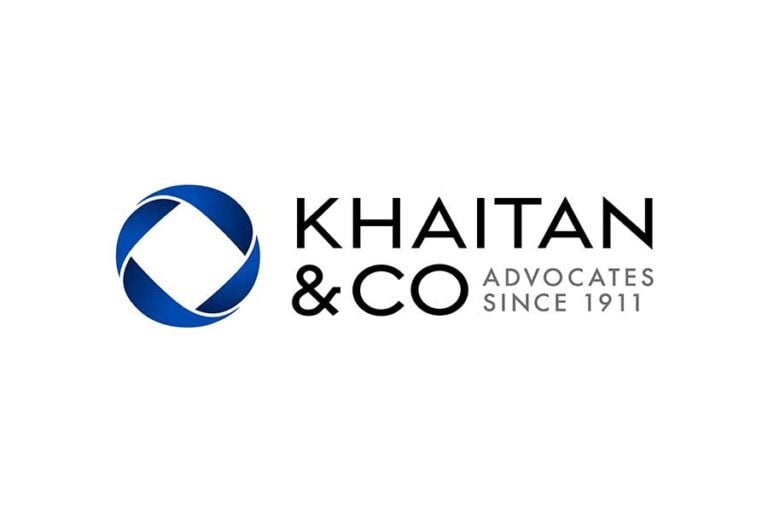Event Report
The GC Summit India 2025 was hosted at the Four Seasons in Mumbai, with an abundance of natural light enhancing the venue’s atmosphere.
Supported by Vahura, the morning session commenced with a comprehensive exploration of the evolving landscape of talent acquisition and retention within in-house legal departments. As the competition for legal professionals intensifies, it was widely acknowledged that organisations must rethink their strategies to both attract and retain top-tier talent. The discussion highlighted a shift away from prioritising purely technical legal expertise to embracing a more holistic profile—one that combines strong legal judgment, business acumen, adaptability, and the ability to collaborate across functions. Panelists stressed the importance of aligning legal talent with organisational culture and long-term goals. Equally important was the conversation on retention, which centred on providing meaningful work, fostering professional growth, and demonstrating inclusive leadership. There was broad agreement that diversity, mentorship, and a culture of recognition are now fundamental to building an effective legal team.
In the following session, facilitated by Argus Partners, the focus shifted to the strategic role General Counsels now play in complex transactions and high-stakes corporate initiatives. Panelists discussed how today’s legal leaders are far beyond their traditional advisory roles—they are integral members of the executive decision-making process, contributing not only legal oversight but also strategic insight. The conversation examined how General Counsel are increasingly involved in structuring transactions, managing regulatory complexities, and balancing legal risk with business opportunity. It was noted that legal departments are uniquely positioned to offer clarity and foresight on mergers, acquisitions, and investment activities. The expectation has evolved, with in-house counsel now required to act as both risk mitigators and value creators—navigating the boardroom while safeguarding the organisation’s integrity.
The post-lunch session, presented by Chandhiok & Mahajan, resumed with a focused discussion on competition compliance and the challenges faced by in-house legal teams. The panel highlighted the growing pressures on organisations to stay compliant amidst evolving enforcement regimes and the complexities of multi-jurisdictional laws. While the role of technology in streamlining compliance was acknowledged, panelists cautioned against excessive reliance on automated systems, advocating instead for a robust compliance culture driven by employee engagement and leadership accountability. The importance of training, particularly within diverse workforces, was emphasised, along with the need for effective coordination between in-house teams and external advisors.
Following this, the panel on white-collar crime and regulatory investigations, hosted by DSK Legal, tackled the increasing prevalence and sophistication of corporate misconduct. As digital technologies enable more complex financial crimes, it became clear that organisations must adopt a multi-dimensional approach to governance and risk management. The discussion spanned various forms of misconduct—including fraud, insider trading, cyber threats, and ESG-related violations—and examined how these intersect with regulatory expectations and corporate responsibility. Best practices in internal investigations, data security, forensic audits, and whistleblower protocols were explored, with a strong emphasis on proactive prevention rather than reactive containment. A notable highlight was the role of AI in detecting irregularities and strengthening compliance monitoring efforts.
The final session of the day, sponsored by Khaitan & Co, examined the complexities of cross-border dispute resolution in the context of a globalised business environment and converging legal systems. Panelists offered valuable insights into the legal, procedural, and cultural challenges that organisations must navigate when managing international disputes. While arbitration remains the preferred mechanism for resolving such conflicts, the growing relevance of mediation, litigation, and hybrid dispute resolution models was explored. Special attention was given to India’s emerging position as a hub for international arbitration, driven by recent legal reforms aimed at increasing procedural efficiency and neutrality. The session concluded with a forward-looking discussion on how corporate legal teams can better anticipate and manage cross-border disputes, ensuring greater resilience and alignment with global best practices.
Throughout the Summit, one consistent theme emerged: the in-house legal function is rapidly transforming into a strategic cornerstone of the modern enterprise. Legal leaders are now expected to bring not only technical expertise but also cultural stewardship, strategic foresight, and the ability to collaborate across disciplines.
The event concluded with delightful canapés and a breathtaking sunset over the city’s seaside.






